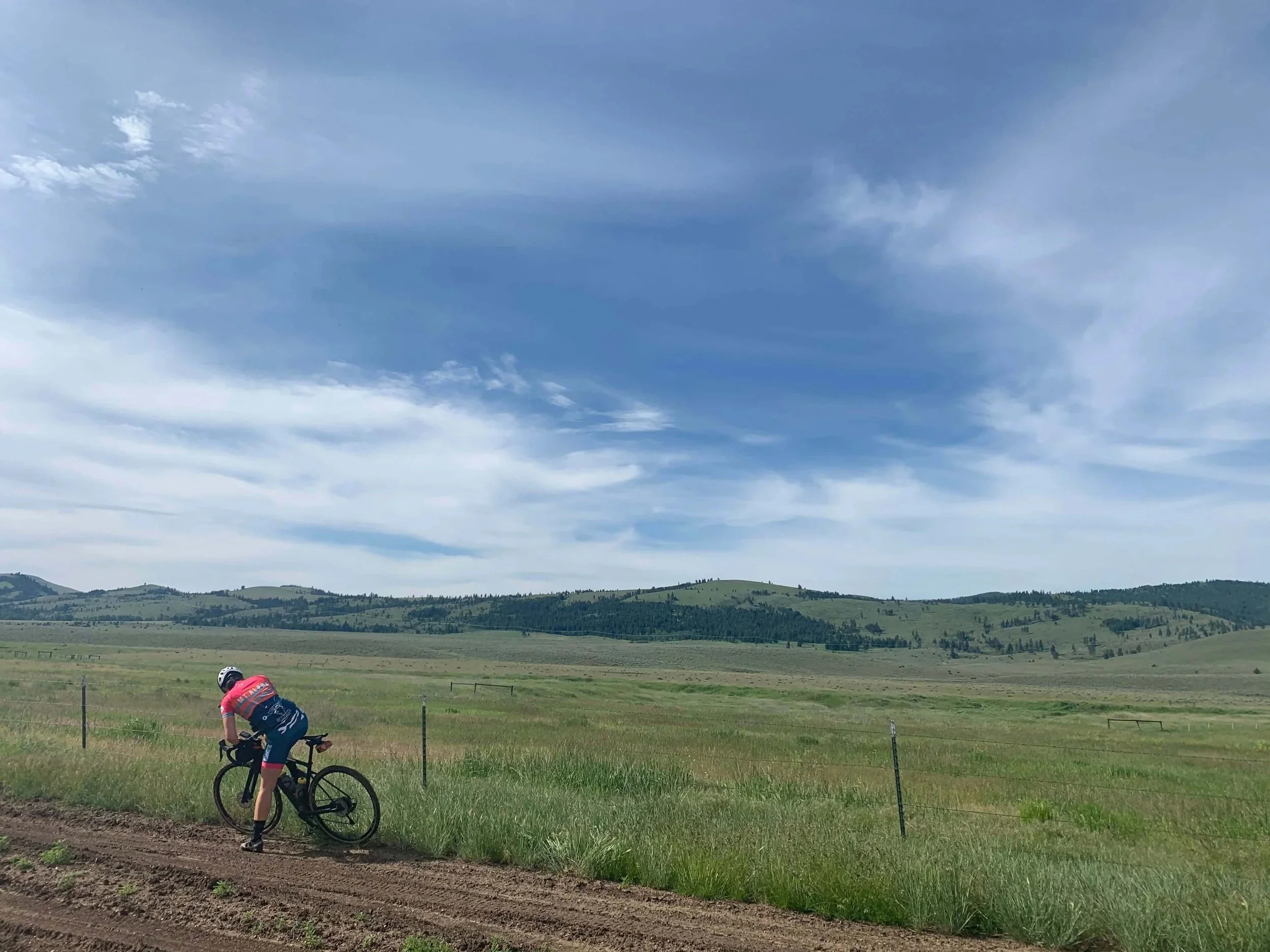When Your Body (and Mind) Say “Enough”: A Note from Dr. Amrine
I see it all the time in my practice: an athlete comes in frustrated, exhausted, and looking for answers.
They’re doing everything “right” — following their training plan, eating well, sleeping as much as they can — and yet, their body just won’t respond. Their runs feel harder, their recovery takes longer, and instead of feeling strong, they feel stuck.
Often, they’ve already been to multiple doctors, had labs drawn, maybe even tried supplements, and even polled their network of Instagram “experts.” All this because the last thing they want to believe is that the problem could be…Overtraining Syndrome (And yes, this can show up with or without an energy deficit—what’s also called Relative Energy Deficiency in Sport, or REDs. The terminology alone is confusing enough to make recovery feel like another endurance event.)
I get it. As someone who’s trained hard, raced, and built my own identity around being active, I’ve had to stop mid-ride to nap in the ditch. I know how frustrating it can feel to stop — or even just slow down.
This Problem Is Not a Weakness
First, let me say this: overtraining is not a character flaw.
It happens when we try hard, really dang hard, but the resulting stress on your body (and mind) outweighs your ability to recover. That stress isn’t just from training alone — it can and often does include work, family, poor sleep, and life in general. Let’s be clear, very few of us are paid to play, eat and sleep…
And when your body gets stuck in this state, the symptoms can be overwhelming:
Physical symptoms:
Persistent fatigue, no matter how much you rest
Heavy legs and soreness that just won’t go away
Training paces slowing despite working just as hard
Higher resting heart rate, poor sleep, or frequent illness
Atypical biometric warnings from your wearable device.
Mental and emotional symptoms:
Loss of motivation — training feels like a chore
Feeling anxious, irritable, or emotionally flat
Searching for “what’s wrong” but nothing adds up
Fear of losing fitness or falling behind
If you see yourself in this list, you are not alone. And you are not broken.
Why the Mental Piece Matters So Much
When you love your sport, the idea of backing off feels unbearable. Many of my patients tell me they feel lost, depressed, or even panicked when they’re told to stop running or riding.
This is why I put such a strong emphasis on the mental and emotional side of recovery. Seeing a therapist isn’t about “fixing your head” — it’s about helping you process the frustration, loss, and fear that come with being sidelined.
Talking with someone can help you:
Reframe what rest means (it’s not failure — it’s training smarter)
Work through the identity shift that happens when you can’t train
Manage anxiety about when you’ll be able to come back
Build a healthier, more sustainable relationship with training long-term
The Good News
Recovery from overtraining can take time — almost always longer than we want — but you can come back. I’ve helped many athletes through this process, and I can tell you that most of them come back not just physically stronger, but mentally more resilient and much wiser to their training methods.
At Ascend, I work closely with patients to create a recovery plan that addresses the whole person. That means looking at your training, your stress levels, your nutrition, your sleep — and yes, your mental health.
You don’t have to figure this out on your own.
If This Sounds Like You
If you’ve been feeling run-down, stuck, or like your training is going backward, let’s talk. We can figure out if overtraining might be the root cause — and more importantly, we can make a plan to get you back to feeling like yourself again.


